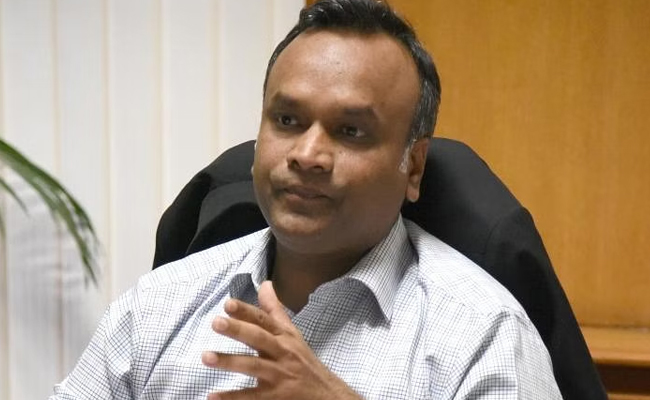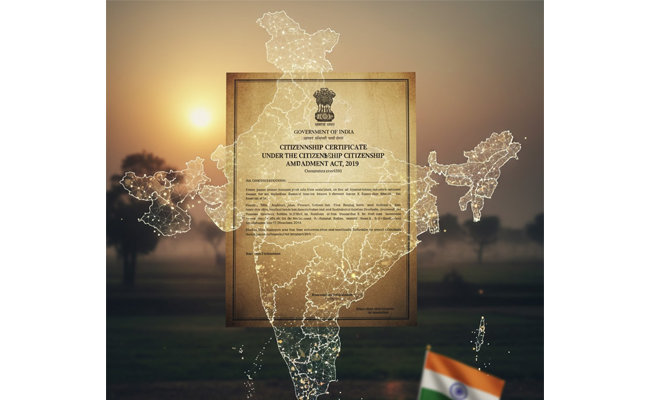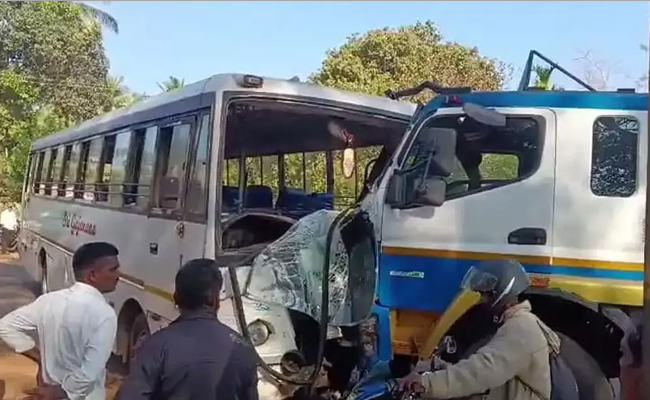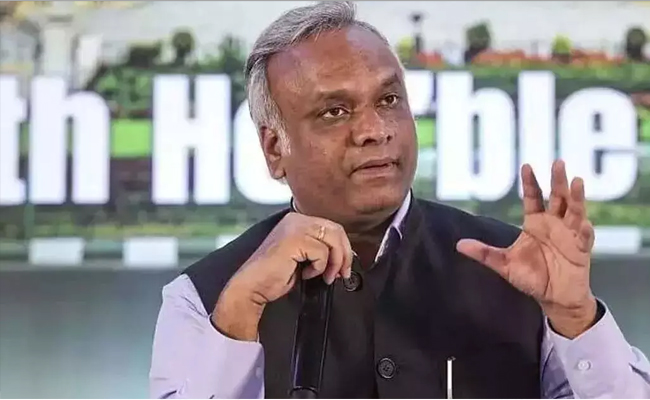Bengaluru: Stating that he considered himself a devotee of the Indian Constitution and the citizens and, therefore, had no habit of visiting temples, Karnataka IT-BT Minister Priyank Kharge said that he paid such visits only if invited and to learn the customs observed in temples
Addressing a press meet at the Vidhana Soudha on Tuesday, Kharge said that he had no faith in visiting temples. "I go to a temple only if asked to accompany a person, as it would give me an opportunity to learn new things. I cannot help it that I have no sense of devotion except to the Constitution and to the people," stressed the minister.
When asked to comment on the BJP taking three crores of people to Ayodhya, Kharge said he found nothing wrong in it. "They (BJP) are free to even take the devotees to the Ram Temple itself. It is after all, only a pilgrimage and there is nothing wrong in going on such a trip," opined the minister, adding that he felt a trip to Ayodhya would also give the people a chance to see the BJP in its true colours.
Speaking about the argument surrounding the issue of an idol being consecrated in a temple whose construction was incomplete, Kharge said, "This is an issue raised by the seers and not the Congress. The objection is put forth by the seers who, in fact, had to conduct the consecration. Their question should be answered by the concerned parties."
The minister also asked, "How many BJP legislators have read the Ramayana? How many people have learned the 'Hanuman Chalisa'? I have visited several pilgrim centres, like Rishikesh and Varanasi. Yet, I believe in and follow the ideals of Basavanna, Dr. Ambedkar and our Constitution."
Let the Truth be known. If you read VB and like VB, please be a VB Supporter and Help us deliver the Truth to one and all.
Dehradun(PTI): After undergoing rigorous training at the Indian Military Academy (IMA) in Dehradun, 491 cadets participated in a grand Passing Out Parade on Saturday and will now be commissioned as officers in the Indian Army.
The spectacular parade, held at the historic Drill Square in front of the academy's Chatwood Building, was reviewed by Army Chief General Upendra Dwivedi, who served as the reviewing officer.
Along with 491 Indian cadets, 34 foreign cadets from 14 friendly countries also participated in the Autumn Term 2025 Passing Out Parade.
A total of 525 officer cadets from the 157th Regular Course, 46th Technical Entry Scheme, 140th Technical Graduate Course, 55th Special Commissioned Officers Course, and Territorial Army Online Entrance Exam 2023 Course participated in the Passing Out Parade.
The 'Sword of Honour' and gold medal for securing first place during training was awarded to ACA Nishkal Dwivedi, the silver medal to BUO Badal Yadav for second place, and the bronze medal to SUO Kamaljeet Singh for third place.
The silver medal for securing first place in the 'Technical Graduate Course' was awarded to Officer Cadet Jadhav Sujit Sampat, and the silver medal for first place in the 'Technical Entry Scheme-46' was awarded to WCC Abhinav Mehrotra.
The silver medal for the 'Special Commission Officer Course' was given to Officer Cadet Sunil Kumar Chhetri.
Among the foreign cadets, the first place in merit was secured by JUO Mohammad Safin Ashraf from Bangladesh. The Army Chief's Banner for overall best performance in the Autumn Term was awarded to Imphal Company.
As the parade concluded, helicopters showered flowers on the newly commissioned officers from the sky.
On this occasion, General Dwivedi congratulated the new officers in his address for successfully completing their training. He praised the young officers for their high level of discipline, leadership qualities, and endurance, and urged them to uphold the glorious traditions of the Indian Army and serve the nation with loyalty, commitment, and honour.
General Dwivedi said that joining the army marks the beginning of a lifelong duty and selfless service.
The parents and guardians of the newly commissioned officers were also present during the passing out parade.





